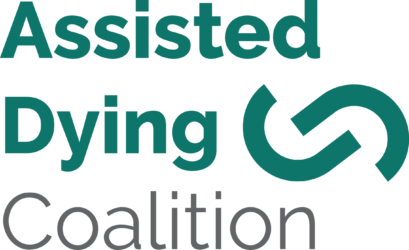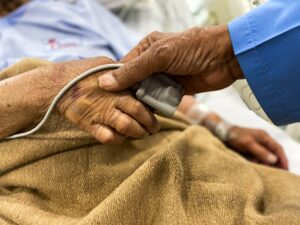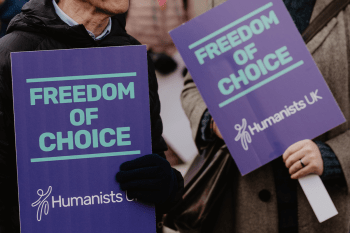 Baroness Meacher’s Assisted Dying Bill and Baroness Burt’s Inclusive Assemblies Bill have both fallen. This has happened because any private members’ bills that are still outstanding on the day of a Queen’s Speech have their progress halted. Humanists UK has expressed its dismay at the outcome.
Baroness Meacher’s Assisted Dying Bill and Baroness Burt’s Inclusive Assemblies Bill have both fallen. This has happened because any private members’ bills that are still outstanding on the day of a Queen’s Speech have their progress halted. Humanists UK has expressed its dismay at the outcome.
The Assisted Dying Bill related to England and Wales, and reached the Committee Stage in the House of Lords. The Inclusive Assemblies Bill focused on England, and was brought by All-Party Parliamentary Humanist Group (APPHG) Vice-Chair Baroness Burt. It completed its passage through the Lords but ran out of time in the Commons, where it had been taken over by APPHG Chair Crispin Blunt MP.
A recent ONS study revealed that serious health conditions more than double the suicide rate, further showing the need for a compassionate, safeguarded assisted dying law.
Humanists UK Assisted Dying Campaigner Nathan Stilwell said:
‘The Government claims to take a neutral position on assisted dying, but simultaneously refused to give enough time for this important bill to be fully debated and voted on. This is a de-facto opposition to assisted dying and keeps our broken current law in place.’
‘We’re now calling for an assisted dying inquiry, as that would equip parliamentarians with the necessary knowledge to conduct an informed debate and vote on this important issue. The clear majority of the public wants a compassionate assisted dying law and for the Government to respect their autonomy.’
Meanwhile, the UK is the only sovereign state in the world to mandate Christian worship in state schools as standard – a bizarre and unfair anachronism in a society where surveys suggest that approximately 50% of the population are now non-religious.
Humanists UK Education Campaigns Manager Robert Cann said:
‘We know that the public is in favour of abolishing compulsory collective worship – but by allowing the Inclusive Assemblies Bill to fall, the Government has failed to enable schools to keep pace with modern Britain. We would like to thank Baroness Burt and Crispin Blunt MP, the Bill’s sponsors in the Lords and Commons respectively. This issue will not go away – Humanists UK will ensure it is kept high on the agenda.’
Notes:
For further comment or information, media should contact Humanists UK Director of Public Affairs and Policy Richy Thompson at press@humanists.uk or phone 020 7324 3072 or 07534 248 596.
Read our amendment to the assisted dying bill.
Read the ONS study on suicides among people diagnosed with severe health conditions.
Read more about our campaign to legalise assisted dying in the UK.
Read our article on the Inclusive Assemblies Bill completing its passage through the House of Lords.
Read our article on the poll finding the majority of parents don’t think the collective worship law should be enforced.
Read our article on the Government saying it will ‘remind schools of their duty’ to carry out Christian collective worship.
Read our article on the UN Committee pressing the UK to repeal collective worship laws.
Read more about our work on collective worship.
In 2019, Humanists UK launched a groundbreaking resource hub called Assemblies for All, providing hundreds of free inclusive assemblies for schools.
Humanists UK is the national charity working on behalf of non-religious people. Powered by 100,000 members and supporters, we advance free thinking and promote humanism to create a tolerant society where rational thinking and kindness prevail. We provide ceremonies, pastoral care, education, and support services benefitting over a million people every year and our campaigns advance humanist thinking on ethical issues, human rights, and equal treatment for all.






 Germany’s Constitutional Court has ruled that a law forbidding professional assistance to die is unconstitutional, in a move that is being seen as a major victory for assisted dying campaigners.
Germany’s Constitutional Court has ruled that a law forbidding professional assistance to die is unconstitutional, in a move that is being seen as a major victory for assisted dying campaigners.
 The post
The post